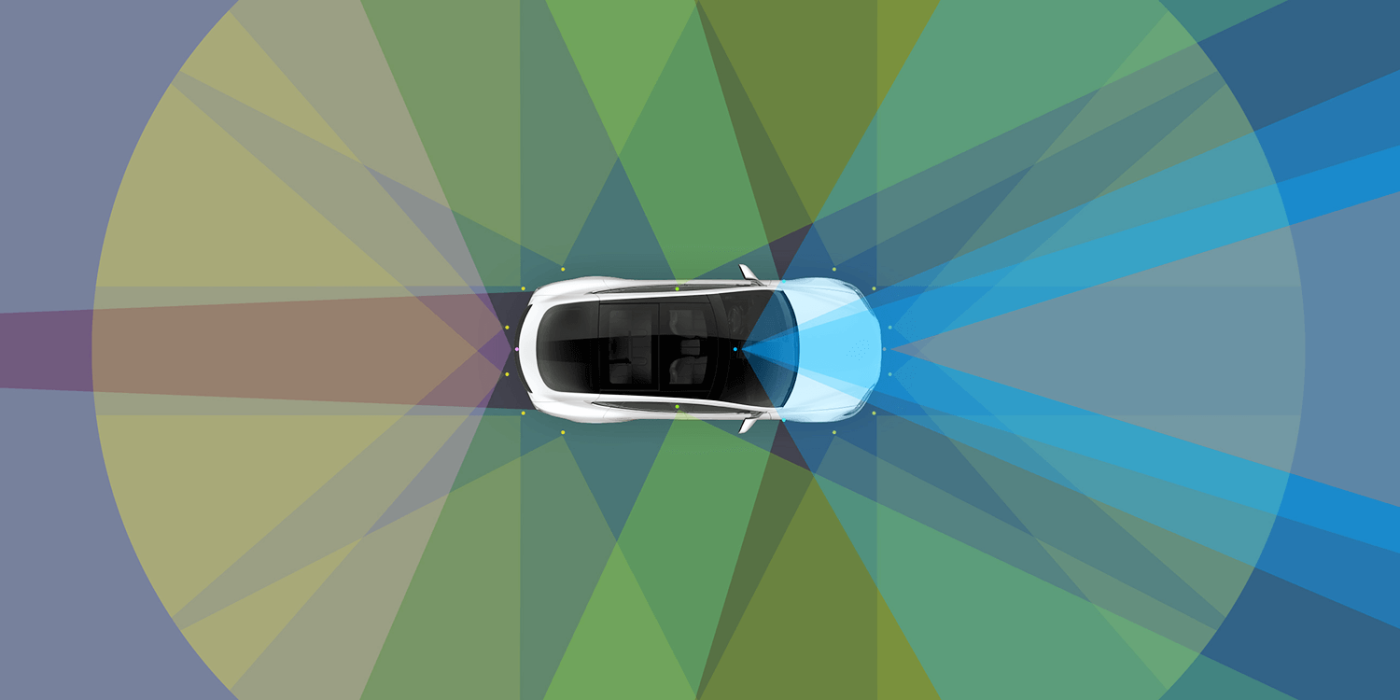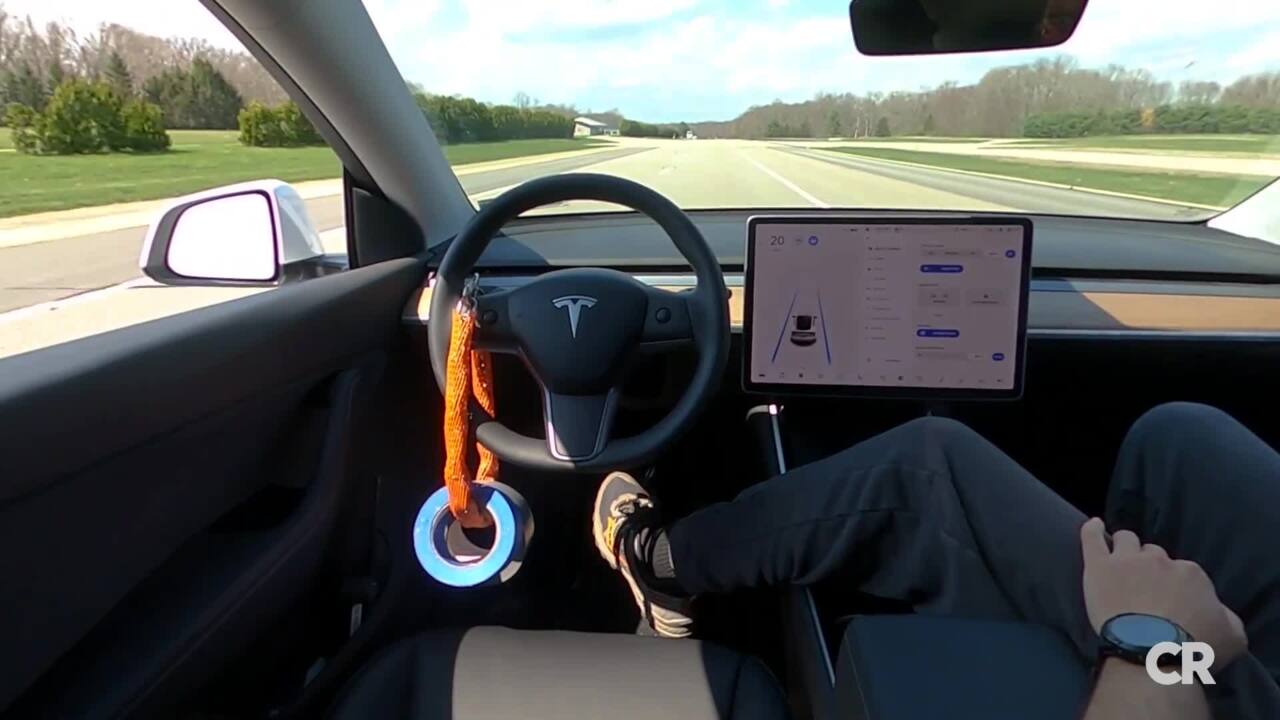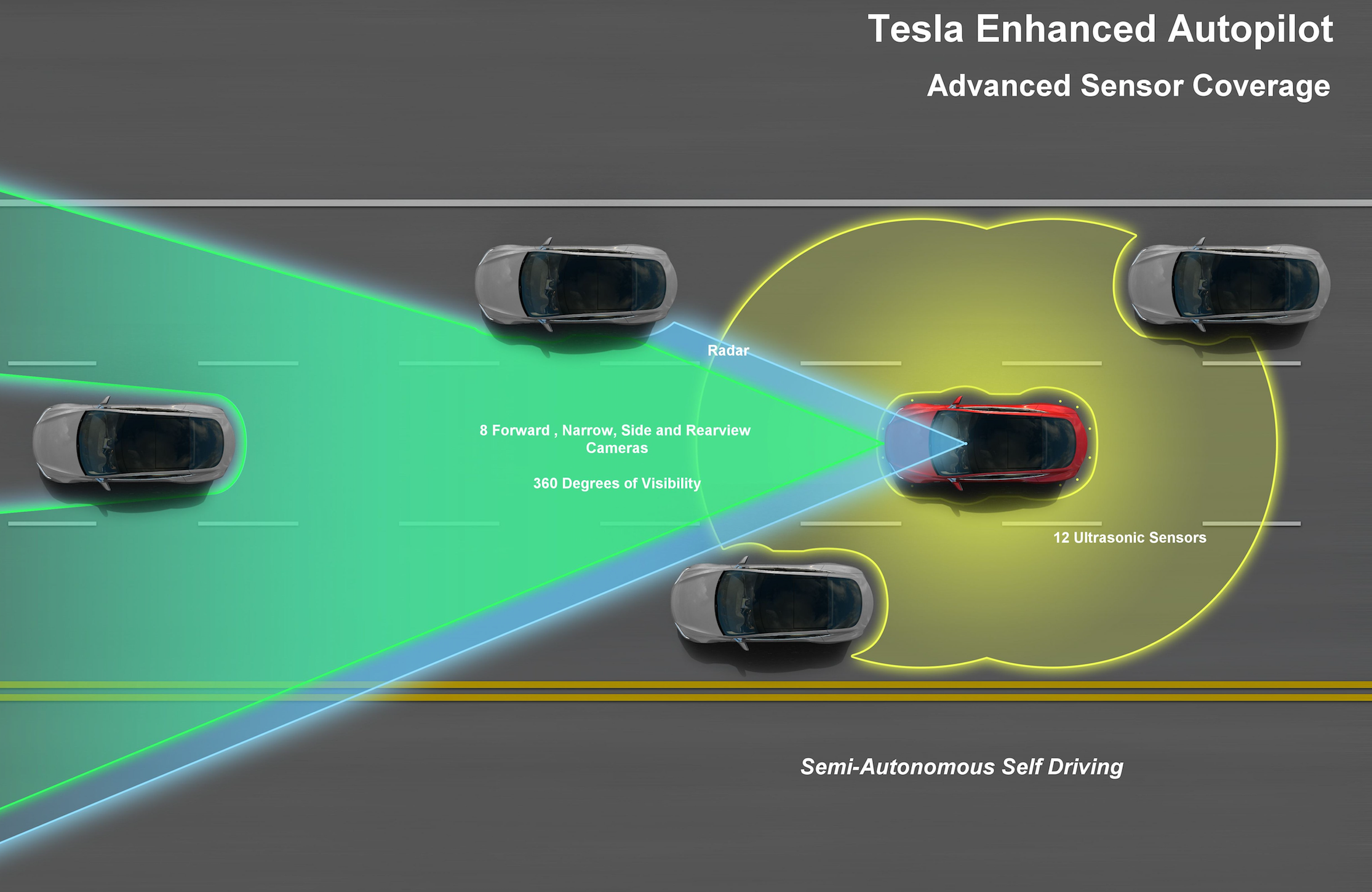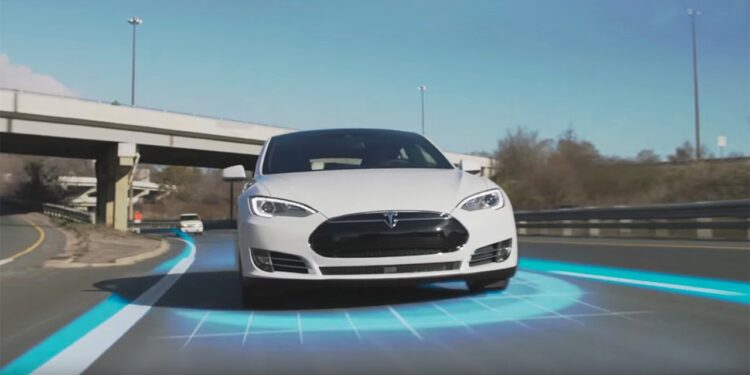Tesla finds itself back in the courtroom spotlight, grappling with renewed scrutiny over its Autopilot technology following a fatal crash in 2018 involving a Model X. The upcoming trial, set to commence in California, promises to unveil new evidence that could challenge Tesla’s defense and its Autopilot’s safety claims.
As the legal proceedings unfold, the automotive and tech communities are keenly watching, pondering the ramifications for Tesla and the future of autonomous driving technologies.

A Tragic Incident Revisited
The case centers around the tragic accident that claimed the life of Wei “Walter” Huang nearly six years ago. Huang’s vehicle, equipped with Tesla’s Autopilot, collided while the system was engaged.
This incident has spurred a legal battle that seeks to hold the EV brand accountable, arguing that the company was aware of the potential for drivers to become distracted while using Autopilot.

Recent developments have brought to light a 2016 email from Jon McNeill, Tesla’s former president, to Autopilot head Sterling Anderson.
McNeill’s admission of becoming distracted by emails and calls while using Autopilot adds a new layer of complexity to the case, suggesting that the company might have been aware of the system’s limitations and the risks of driver inattention.
Tesla’s Autopilot: A Controversial Assistive Technology
Tesla’s Autopilot has been both lauded for its innovative approach to driving assistance and criticized for its role in various accidents. Last year, the company faced multiple incidents where Autopilot was implicated in crashes, including one where a vehicle struck a stationary truck on a highway.
These events have intensified the debate over the responsibility of automated driving systems versus driver attentiveness.
Man Claims Tesla Autopilot Possibly Saved His Life During Seizure pic.twitter.com/wt5rhsdevC
— Elonmusk (@Elon_musk_480) March 11, 2024
In response to safety concerns, Tesla recently initiated a $2 million recall aimed at making it harder for drivers to misuse Autopilot. This move underscores the ongoing challenge of ensuring that drivers remain engaged and responsible, even as vehicles take on more driving tasks.
Legal Challenges and Autopilot’s Future
The return of this lawsuit to court, armed with new evidence, poses a significant test for the EV giant. Past legal victories, including a case in 2019 and another in April 2023 where Tesla was absolved of blame, have so far favored the company.
However, the outcome of the upcoming trial could either reaffirm the company’s stance on Autopilot’s safety or mark a pivotal shift in legal and public perception of autonomous driving technologies.

As Tesla continues to face lawsuits that attribute accidents, injuries, and fatalities to its Autopilot system, the stakes are high. The upcoming trial not only seeks justice for Walter Huang but also poses critical questions about the oversight and regulation of assistive driving technologies.
With the eyes of the world watching, the case’s resolution could have far-reaching implications for the company, the automotive industry, and the future of autonomous vehicles.
In a landscape where innovation races ahead, the balance between technological advancement and safety remains delicate. As Tesla and other companies forge ahead in the realm of autonomous driving, the legal, ethical, and technological debates surrounding Autopilot and similar systems will undoubtedly continue to evolve.










